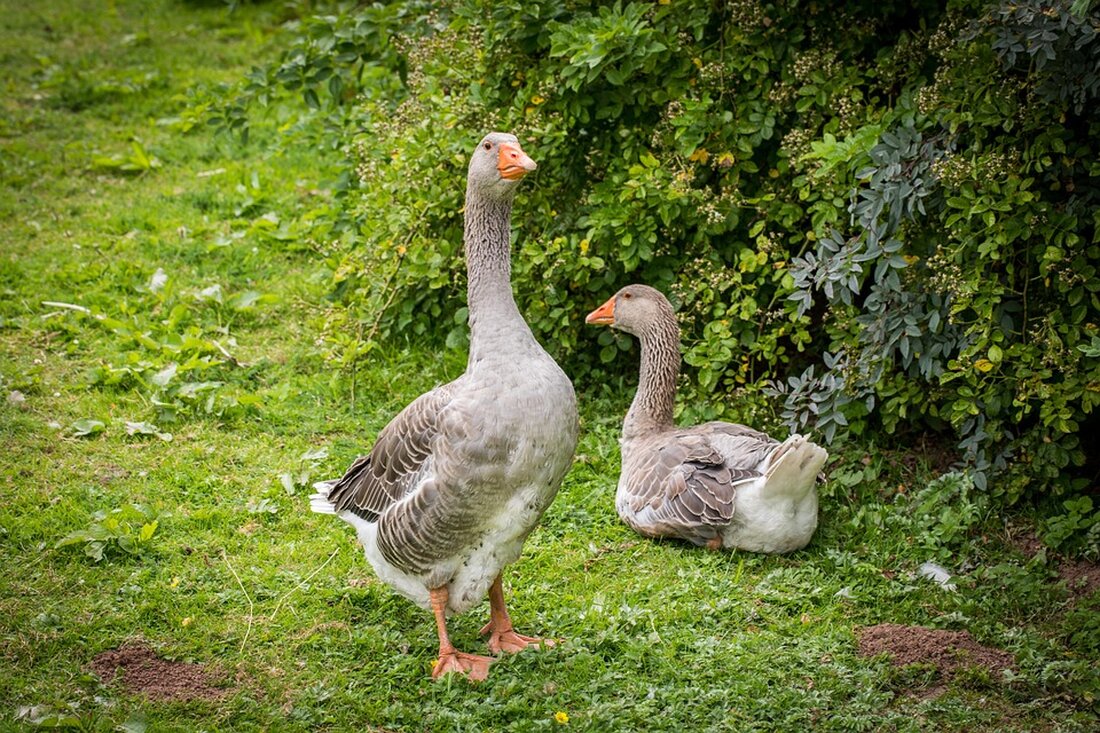Biohof Walz: Tradition meets primal power – a look at sustainable cultivation!
Discover the Walz organic farm in the Upper Palatinate: tradition, biodiversity and ancient grain cultivation for sustainable tourism.

Biohof Walz: Tradition meets primal power – a look at sustainable cultivation!
In the Upper Palatinate, more precisely in Amberg-Schäflohe, Andreas and Michaela Walz have been running a charming organic farm since 2000. Their business has grown over two generations and has specialized in the cultivation of robust ancient grain varieties. These varieties are not only resistant to diseases, but also carry the Bavarian organic seal, which stands for the highest quality standards. In addition to organic grain, the Walz farm also produces eggs, poultry and beef, creating a diverse range of products.
The Walz organic farm is characterized by a small-scale field structure, with areas averaging one hectare in size, which are surrounded by flower strips. These strategies promote biodiversity and preserve habitats for numerous animal and plant species. A special feature of the company is the absence of mulch, pesticides, mineral fertilizers and manure in order to protect nature in its purity. The farm also uses its own combine harvester to avoid chemical residues and contamination from conventional seeds.
Diversity in cultivation
The Walz farm cultivates up to 48 different local varieties every year, making it a pioneer in the field of sustainable agriculture. The cultivation methods also include rarer grains from our own experiments, such as spelt, einkorn, emmer, durum wheat, rye and oats. Particularly noteworthy are Champagne rye and Waltz royal wheat, which are known for their special properties.
As the BioAktuell platform describes, growing grain in organic farming is generally easier than growing rapeseed, potatoes or sugar beets. In addition, grain crops make up up to 50% of the cultivated area in many organic crop rotations. Wheat is the most economically important crop, often following corn or artificial meadows to ensure high protein values.
Challenges and cultivation practices
The quality requirements for organically grown wheat are high. The protein value should not be less than 12%, otherwise there will be deductions. To minimize the risk of foot diseases, it is important to consult throughout the growing cycle, especially when using spelled or triticale. Spelled, closely related to wheat, requires less cultivation and can also be sown in less suitable locations.
The demand for bread grain remains at a high level, which represents a good perspective for organic farms like Walz. However, those new to organic farming should be careful; They cannot hand over organic milled wheat to collection points and must clarify in advance which types of grain, such as barley, triticale or oats, have a guarantee of acceptance.
Overall, the Walz organic farm shows how responsible cultivation and the use of traditional varieties can not only promote biodiversity, but also how sustainable and profitable agriculture can be practiced. The Walz family is setting an example for future-oriented agriculture that meets both ecological and economic demands.

 Suche
Suche
 Mein Konto
Mein Konto